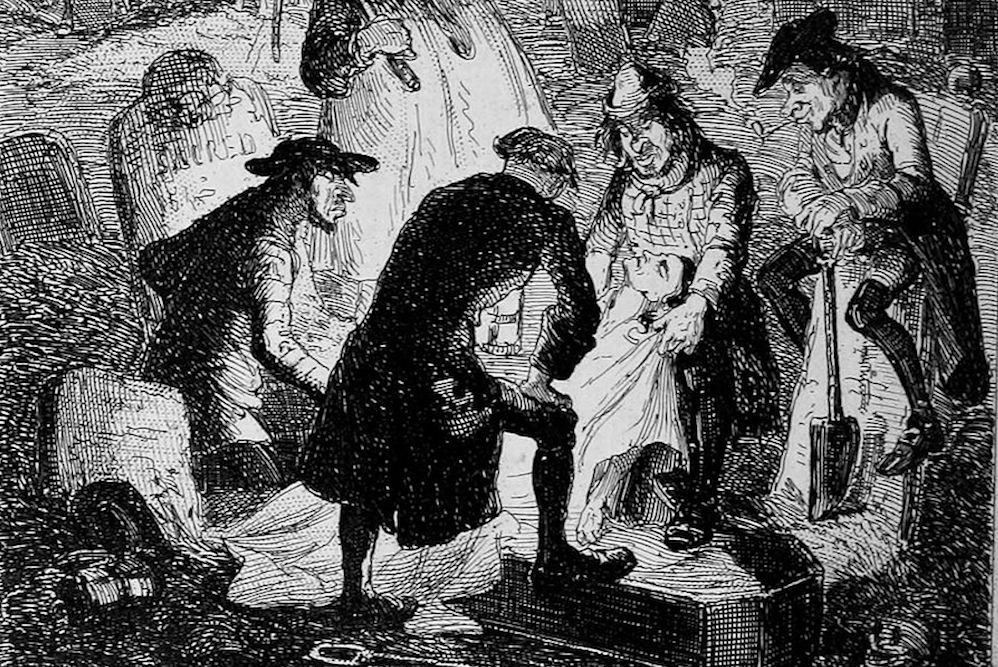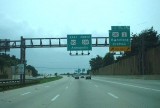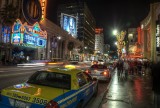When Baltimore Medical Students Were Free to Rob the City’s Graves
In 19th-Century Maryland, Stealing Corpses Wasn’t a Crime. And a Half-Dozen Medical Schools Needed Cadavers.
Railroads changed everything. The formation in 1828 of the nation’s first common carrier, the Baltimore & Ohio Railroad, revolutionized transportation, altered people’s sense of time and place, and knitted America together into a nation.
Among the many unforeseen consequences of this transformation was this peculiar note: Body snatchers digging up graves could quickly ship corpses to medical schools needing dissection material. The story of how grave robbing flourished in Baltimore for more than 70 years reveals both the dysfunctional underside of medicine in a place that liked to call itself the …









